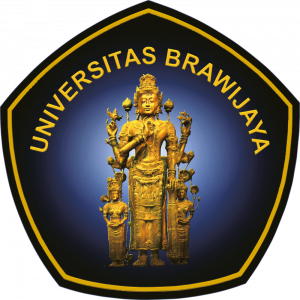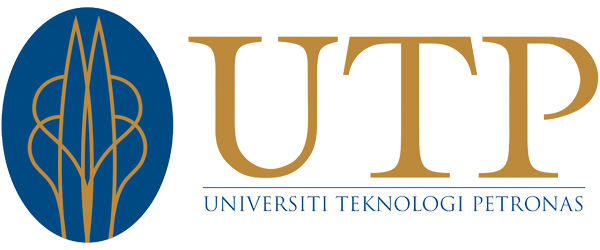INTERNATIONAL INSTITUTE FOR HALAL RESEARCH AND TRAINING (INHART)

Menu
INHART Research Areas
The International Institute for Halal Research and Training (INHART) has established itself as a pivotal player in the domain of halal research and development. This report presents a detailed analysis of INHART’s publications from 2008 to 2023, with an objective to unravel the thematic concentration and evolution of the institute’s scholarly endeavors. Through this period, INHART has demonstrated an impressive growth in publication volume and a strategic diversification of research topics. The analysis utilizes quantitative and qualitative data from the institute’s extensive library of publications, focusing on the distribution of keywords that indicate core research areas.
The key findings from this analysis have been visualized through a word cloud that encapsulates the frequency and prevalence of specific terms, providing a graphic representation of INHART’s research focus. The institute has shown a sustained emphasis on halal-related research, with a noticeable pivot towards topics such as “halal risk” and “halal critical points” in the most recent years. This shift is indicative of INHART’s response to the complexities and growing sophistication of the global halal market, emphasizing the need for rigorous risk assessment and control mechanisms in halal certification processes.
Over the past fifteen years, the institute has progressively expanded its research portfolio to include areas like environmental science, technological innovation, and sustainability. This is evident from the consistent presence of keywords such as “environmental monitoring,” “sustainability,” and “technological application” throughout the publications. The year-wise trend analysis reveals a strategic alignment with global sustainability goals and the incorporation of advanced technologies to enhance research outcomes in halal studies.

Halal science is a multidisciplinary field of study that encompasses a wide range of research areas related to the production, preparation, and certification of Halal products. Some of the main areas of Halal science research include but not limited to:
Halal food science: This area of research focuses on the development and production of Halal food products, including the study of ingredients, processing techniques, packaging, and preservation.
Halal meat science: This area of research deals with the production, processing, and packaging of Halal meat and poultry products, including the study of animal welfare, slaughter practices, and meat quality.
Halal cosmetic science: This area of research focuses on the development and production of Halal cosmetics and personal care products, including the study of ingredients, formulation, and labeling.
Halal pharmaceutical science: This area of research deals with the development and production of Halal pharmaceuticals, including the study of drug formulation, packaging, and labeling.
Halal certification and standardization: This area of research focuses on the development and implementation of Halal certification standards and guidelines, as well as the study of Halal labeling and traceability systems.
Halal biotechnology: This area of research deals with the application of biotechnology to the production of Halal food, cosmetics, and pharmaceuticals, including the use of genetically modified organisms and bioprocessing techniques.
These are some of the main areas of Halal science research, but there are many other areas of study that contribute to the overall field of Halal science.
INHART Research Grants

INHART has secured more than RM 6 million of research grants to date.
INHART Research Collaboration
INHART has National and International collaboration with many entities including universities, colleges, industry and community. Some of our collaborators are







